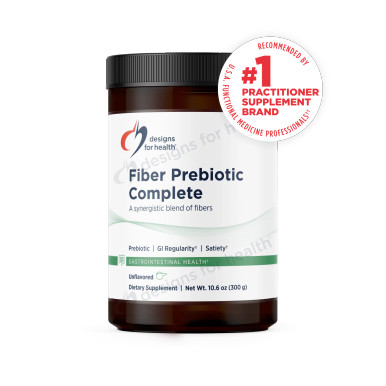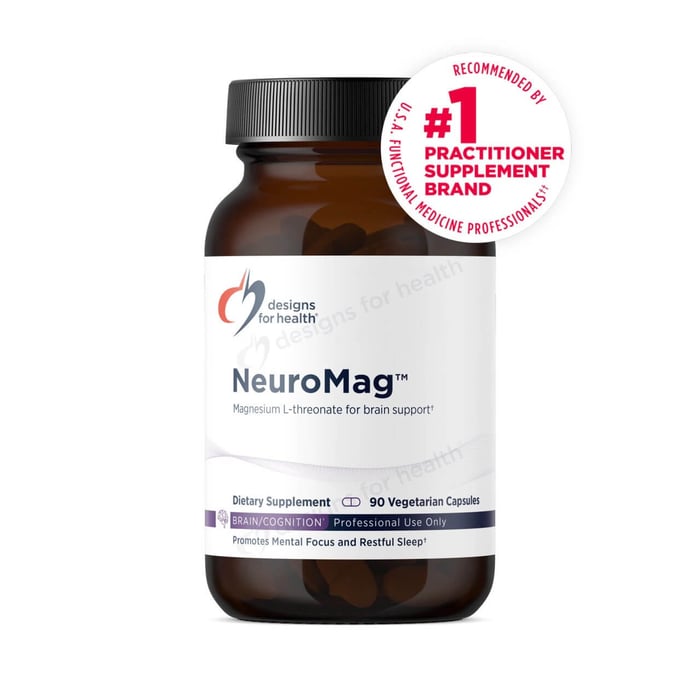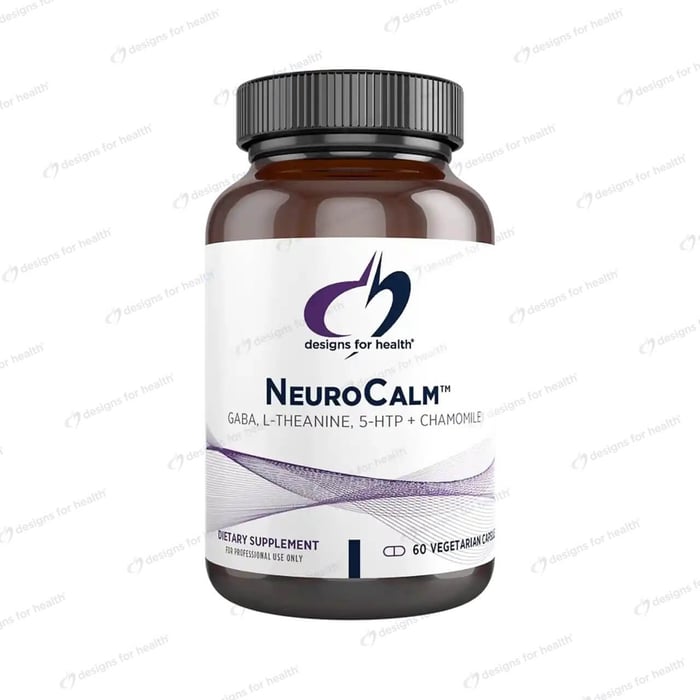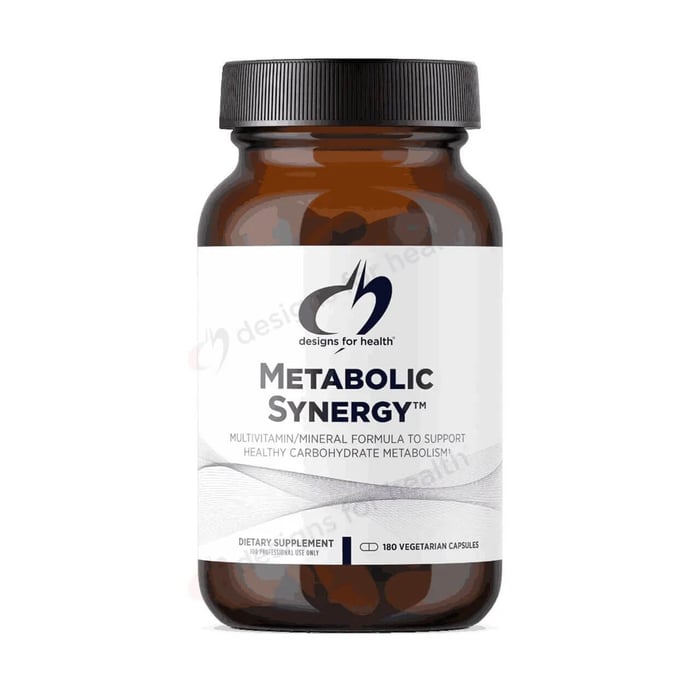Fiber Prebiotic Complete by Designs for Health: Fiber Supplement for Gut Health & Regularity
Fiber Prebiotic Complete by Designs for Health: An In-Depth Review & How It Supports Gut Health
Fiber Prebiotic Complete by Designs for Health is a prebiotic fiber supplement by Designs for Health in a pure, unflavored fiber powder. It delivers 8 grams of dietary fiber per serving and combines both soluble and insoluble fibers (acacia gum, psyllium husk, flaxseed, glucomannan, inulin, cranberry seed, carrot fiber, prune powder) to support digestive function, gut health, regular bowel movements, healthy stool formation, appetite control, and balanced microbiome.
Imagine Sarah, age 38, a busy project manager and mom of two. She often felt bloated after meals, had irregular digestion, and struggled to feel full between meals. After incorporating Fiber Prebiotic Complete into her morning smoothie, she noticed more consistent digestion, less bloating, and she didn’t need constant snacking. Over a few weeks, she felt more balanced, more in control of cravings, and more confident in her digestive health. That improvement in digestive health and gut health was real. If you’re curious whether this kind of improvement is possible for you, consulting with Holistic Health Partners can help you see how prebiotic fiber could fit into your habits.
Why prebiotic fiber matters: What is prebiotic fiber vs ordinary fiber?
Many people have heard of fiber in general, but not all fibers are the same. Understanding the difference helps you pick a product that truly supports digestive health.
What is “prebiotic fiber”?
- Prebiotic fiber are types of dietary fiber that serve as food for beneficial bacteria in your gut microbiome.
- They aren’t digested in your small intestine; instead, they travel to the large intestine where gut bacteria ferment them.
- That fermentation helps support a healthy gut microbiome, which in turn supports better digestive function, immune balance, and even mood.
Soluble vs. insoluble fiber: What’s the difference?
Type | Dissolves in water? | How it works | Common food sources |
Soluble fiber | Yes | Forms a gel‑like substance in the gut. Slows digestion, helps regulate blood sugar, feeds beneficial bacteria. | Oats, beans, apples, inulin, acacia, psyllium |
Insoluble fiber | No | Adds bulk, helps food move through digestive tract more quickly, supports regularity. | Whole grains, wheat bran, flaxseed, carrot fiber, prune powder |
Fiber Prebiotic Complete includes both soluble and insoluble fibers (e.g. acacia, inulin, psyllium husk are soluble; flaxseed, carrot fiber are more on insoluble side) to give balanced support.
Fiber Prebiotic Complete 300g

$55.50
Fiber Prebiotic Complete – Prebiotic Fiber Supplement for Digestive Health Fiber Prebiotic Complete by Designs for Health is a versatile prebiotic fiber supplement formulated to...… Click here to read more
What are the fiber benefits for digestion, gut health, blood sugar, and weight?
Prebiotic fiber, especially from a well‑made fiber powder like this one, offers several benefits:
- Improved digestive health and regularity: Helps form healthy stool, prevents constipation or overly soft stools.
- Supports gut microbiome balance: Feeding beneficial bacteria helps maintain diversity, which is linked with fewer digestive complaints and better gut health.
- Helps with appetite control and satiety: Soluble fiber slows gastric emptying, helping you feel full longer, which may support weight management.
- Blood sugar regulation: Soluble fibers slow absorption of sugars, which can reduce spikes in blood glucose.
- Fat metabolism and body composition: Some fibers may affect fat absorption or promote feelings of fullness that lead to lower calorie intake.
How much fiber is safe / How much should I take?
Knowing the right dosage helps avoid digestive discomfort and ensures you get the benefits without unintended effects like gas or bloating.
- Typical recommended daily fiber intake for adults is about 25‑38 grams per day (depending on age, sex, etc.). The average diet often falls short.
- With Fiber Prebiotic Complete, one serving gives 8 grams of fiber.
- Start low: If you’re not used to high‑fiber diets, begin with half a serving, then gradually increase to full serving.
- Take with enough water: Soluble fibers absorb water and expand; insufficient fluid plus fiber can cause discomfort.
- Timing: You can mix the fiber powder into water or a beverage of choice once daily. Some people prefer morning; others may split doses. The product suggestion is 2 scoops (≈ 10 g total powder) once daily.
Who might benefit most from using a fiber prebiotic supplement like this?
Fiber Prebiotic Complete is especially useful if you:
- Have irregular bowel movements (constipation or inconsistent stool form)
- Experience bloating, gas, or general digestive discomfort (once other causes are addressed)
- Want to support gut health and microbiome diversity
- Are looking for help managing appetite or snacking; want better satiety
- Are following restrictive diets (e.g. paleo or low‑FODMAP) and need an unflavored, additive‑free fiber powder
- Are aiming to support healthy blood sugar / metabolic health
People who might need more caution or specialized advice:
- Those with certain digestive conditions (e.g. FODMAP sensitivity, IBS, small intestinal bacterial overgrowth)
- People taking medication that fiber might interfere with (see next section)
- Very low fluid intake, or kidney issues where fluid load needs monitoring
How is Fiber Prebiotic Complete different from other fiber supplements?
There are many fiber powders and fiber supplements on the market; here are ways Fiber Prebiotic Complete stands out:
Feature | Other / generic fiber supplements | Fiber Prebiotic Complete |
Blend of fibers | Often only one type (e.g. psyllium only) or mostly insoluble fiber (bulk) | Combined soluble + insoluble: acacia, psyllium, glucomannan, inulin, flax, etc. Provides feeding for gut bacteria plus regularity |
Flavor / additives | Many have sweeteners, flavors, additives which some people want to avoid | Unflavored, no added sweeteners or artificial additives; minimal risk of extra irritants |
Suitability | Some fibers are harsh or overly fermenting, may cause discomfort | Designed to be gentle on the gut; more tolerable for daily use |
Additional perks | Some fiber supplements don’t address appetite, blood sugar, or metabolic concerns | This product claims support for glucose & fat metabolism, appetite control, body composition |
Compared to fiber from whole foods: whole foods bring additional nutrients, but fiber powders like this can help you fill gaps, especially if your diet lacks enough variety or volume of high‑fiber whole foods.
Are there risks, side effects, or interactions?
Whenever you add more fiber, especially prebiotic fiber, to your diet, there can be adjustments. Here’s what to be aware of:
- Common mild side effects: gas, bloating, mild cramping when first increasing fiber intake. These usually diminish over a week or two.
- Too much too fast: Adding the full 8 grams all at once could overwhelm gut bacteria; starting slowly helps.
- Fluid requirement: Since many fibers absorb water, insufficient hydration can lead to discomfort or constipation.
- Medication interactions: Fiber can affect absorption of certain drugs (e.g. some thyroid, antibiotics); best to separate fiber intake and medication by at least 1‑2 hours or follow guidance from your healthcare provider.
- Specific health conditions: If you have gut motility disorders, IBS with sensitivity, strictures, or other GI issues, check with a healthcare practitioner before use.
Is fiber a prebiotic? Short answer and nuance
Yes — some fibers are prebiotics, but not all.
- Prebiotic fiber means fiber that is selectively fermented by beneficial gut bacteria, producing short‑chain fatty acids (SCFAs) which benefit gut lining, immune function, etc.
- Many types of dietary fiber (especially soluble fibers like inulin, acacia, glucomannan) are prebiotic or partially so.
- Insoluble fibers are less fermentable but play important roles in stool bulk and transit.
Fiber Prebiotic Complete includes both kinds, which helps you get both prebiotic benefits (feeding good bacteria) and physical digestive support (bulk, regularity).
How to use Fiber Prebiotic Complete in a daily routine
Here are practical tips to make the most of this supplement:
- Dosage & timing: Use 2 scoops (~10 g powder) mixed into 8 ounces of water or beverage once daily. If you're new to fiber, start with 1 scoop or even half, then increase.
- With meals or between meals: Either work; some people find taking it with or just after a meal reduces discomfort.
- Hydration: Drink extra water throughout the day. Soluble fibers expand and need fluid to move comfortably.
- Pair with dietary fiber: Try to get fiber from whole foods also (vegetables, fruits, whole grains, legumes) to ensure you get other nutrients, minerals, and variety.
- Monitor effects: Note your bowel habits, gas, bloating, how full you feel. Adjust up or down as needed.
Still not sure if Fiber Prebiotic Complete by Designs for Health is the right fit?
Holistic Health Partners offers Free consultation with experienced supplement practitioners who understand how different nutrients interact with your body, your prescriptions, and your lifestyle. It’s a no‑pressure, personalized service designed to help you feel confident about your health choices — and it’s completely free. Carolyn Mulally, BS, RN, HN‑BC, is the trained consultant who will be helping people.
If you’d like help deciding on dosage, timing, or whether it should join your regimen, a consultation could make a difference for your digestive health and overall, well‑being.
FAQs
What is the difference between prebiotic fiber and probiotics?
Prebiotic fiber acts as food for probiotics, the beneficial bacteria in your gut. While probiotics add live bacteria, prebiotics help those bacteria thrive, supporting digestion, immune health, and overall gut balance.
How much fiber is safe to take daily?
Most adults need around 25–35 grams of fiber per day from diet and supplements combined. Fiber Prebiotic Complete provides 8 grams per serving, making it easy to meet daily needs. Start slowly and increase gradually to avoid discomfort, and always follow label instructions.
Can fiber supplements cause bloating or gas?
Yes, some people may experience mild gas, bloating, or changes in bowel habits when starting a fiber supplement. These effects are typically temporary and improve as your body adjusts. Drinking plenty of water and slowly increasing your dose can help reduce side effects.
When is the best time to take fiber supplements, and what health benefits can they support?
Fiber can be taken at any time of day, but many prefer taking it with meals to promote satiety and support digestion. Prebiotic fiber may also help regulate blood sugar, support healthy weight management, improve bowel regularity, and nourish gut bacteria for long-term digestive health.
These statements have not been evaluated by the Food and Drug Administration. This product is not intended to diagnose, treat, cure, or prevent any disease.




